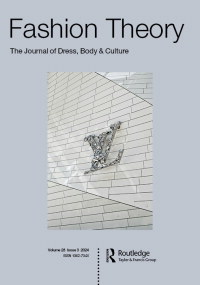Bartosiak, A., Loibl, C., & Hillery, J. (2024). Work Attire and Work Productivity of Employees While Teleworking During the COVID-19 Pandemic. Fashion Theory, 28(3), 359-391. https://doi.org/10.1080/1362704X.2024.2342611
Abstract
The COVID-19 pandemic changed work attire during many months of remote work. This exploratory study contributes new knowledge on whether chosen attire while working from home affects employee self-perceived work productivity in four areas: quality of work, work ethic, motivation, and mental health. Two exploratory studies, a qualitative study in June 2020 (n = 20) and a survey in June 2021 (n = 89), were designed to examine employees’ attire while working from home, analyzing self-perceived work productivity related to work-time attire decisions. Results from both studies indicate that quality of work, work ethic, motivation at work, and mental health were largely unaffected by attire choices. Qualitatively, respondents shared strong sentiments that their work attire does not affect their overall work productivity. Quantitative results confirmed that attire while working from home during COVID-19, office attire worn prior to COVID-19, and company dress code policy to be unrelated to work productivity measures for this sample. The discussion examines the necessity of dress codes from the perspective of the COVID-19 work experience and demonstrates the lack of association between attire and productivity in terms of independent remote work.

